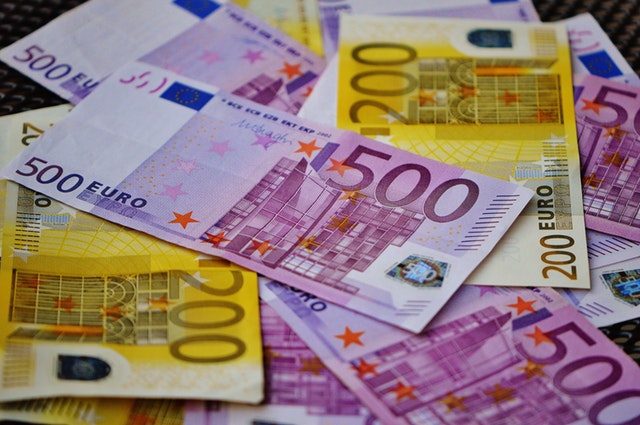ROME — In secretive vaults in Rome, crisp 100 and 200 euro banknotes are rolling off the printing press.
The new notes with enhanced security features will offer better protection against forgeries, officials told Reuters, which was given rare access to see the Bank of Italy’s Banknote Printing Department at work.
The notes, named after the mythological princess Europa and released on Tuesday, have large value numerals in a bolder design and contrasting shades to make them easier to identify, European Central Bank (ECB) Banknotes Director Ton Roos said.
“If you hold the banknote up to the light and then on the left-hand side you see the watermark with the portrait of… Europa and on the right-hand side, on the top of the silver stripe, you have a portrait window, also with the portrait of Europa,” Roos said as he held up a new 100 euro note.
“When you look to the (bottom left) corner, you have a numeral that is green… when you tilt the note… you see a light line going up and down and inside the numeral, you see little euro logos,” he said.
“We try always to develop very sophisticated security features because we want to stay far ahead of the counterfeiters,” he added.
The printing of the 100 and 200 euro notes completes the Europa series that has been gradually replacing the first set of euro notes first issued in 2002.
Roos said the ECB was printing about 2.3 billion 100 denomination banknotes but not all banknotes would be introduced immediately, as some would be kept in the central bank vault and sent to commercial banks when needed.
The 100 euro note is one of the most popular with 2.7 billion notes in circulation at the end of June 2018, accounting for 13% of all banknotes in circulation, according to the ECB.
10 euro notes account for 12%; the most popular is the 50 euro note making up 23% of all banknotes in circulation.
National central banks within the eurozone have jointly printed the currency’s banknotes since 2002, with each institution accountable for a proportion of the total annual production in one or several denominations.
— Reporting by Antonio Denti; Editing by Marie-Louise Gumuchian and Edmund Blair









